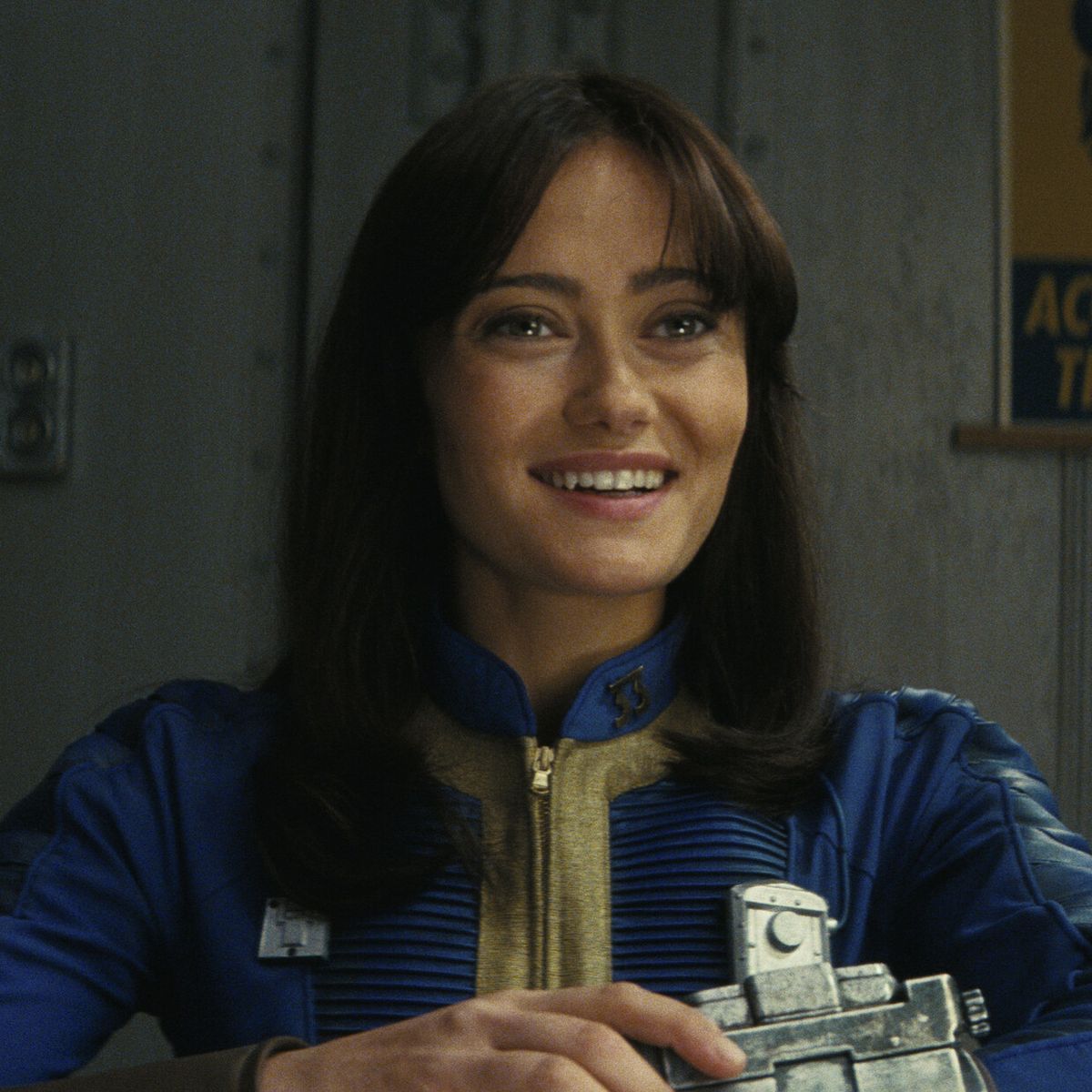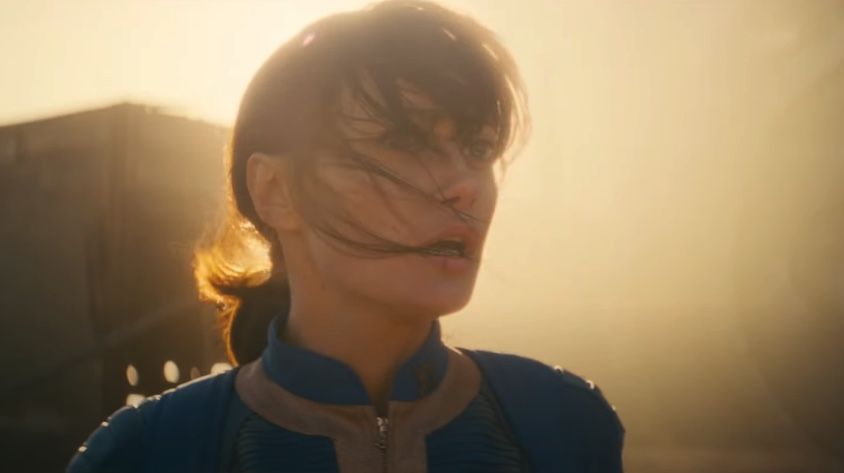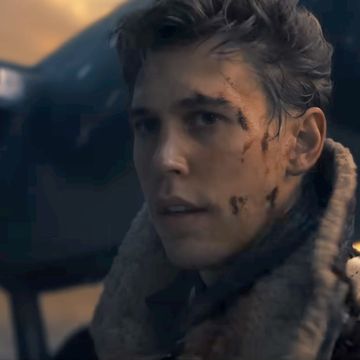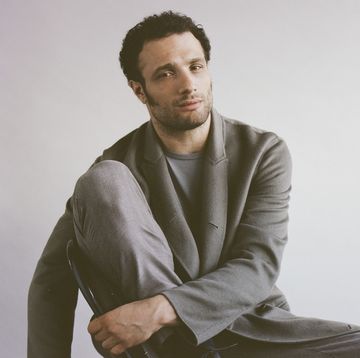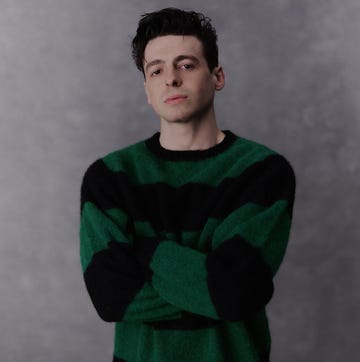One of the guiding laws of cultural criticism is that you cannot write about a videogame adaptation without mentioning that videogame adaptations suck. And so, when Fallout, Prime Video’s eight-episode version of the beloved gaming franchise, dropped last week, we duly read that Fallout is pretty good for a videogame adaptation. No wait, it’s good in its own right! Actually, we shouldn’t be surprised, because do you remember how great The Last of Us was? It won Emmys! Actual awards! Maybe videogame adaptations are good now. Maybe Fallout… is a masterpiece?
A little pause for those, like me, who were unfamiliar with the world of Fallout. It is like our world, only a couple centuries in the future. There has also been a devastating nuclear explosion, which mean that some people – known as “vault dwellers” – now live underground in fancy bunkers. Lucy (played by Yellowjackets alum Ella Purnell) is one such vault dweller. After an ambushed wedding night, her father Hank (erstwhile actor and social media sensation Kyle MacLachlan) is kidnapped and Lucy has no choice but to venture outside her sheltered surroundings to retrieve him. It’s there that she is exposed to an apocalyptic landscape: a land of giant cockroaches and undead cowboys and shadowy cults. Will this girl, with her clean hair and naïveté, survive? You wouldn’t bet against her. She’s plucky!
Fallout is entertaining. Purnell has the right blend of innocence and hardened edge for the role. The supporting cast, including Sarita Choudhury as a menacing baddie and Aaron Moten as an ambitious knight (look, I never said it wasn’t silly), are great. Walton Goggins is a noseless, evil cowboy. He appears to be having a good time. And it’s fun to spend time in this world, which is a hideous mish-mash of steampunk and the spaghetti westerns. While watching, I sometimes felt as though I were floating through a theme park which ran out of budget while creating its Wild West section. It is completely tasteless and completely compelling because of that tastelessness. Unlike so many on-screen dystopias, which have lately been conveyed so tastefully they are more appealing than our current world, Fallout’s landscape is a riveting eyesore. There is an overarching mystery, with which original game players may be familiar, but kept me engaged.
But we should maintain perspective: it is still a videogame adaptation. The Last of Us, with its HBO finishings, tricked many into thinking it was somehow prestige television. Perhaps that is not a surprise when you consider the source material. Fans of both franchises assure me that The Last of Us is a dead serious look into a future world ravaged by disease, while Fallout has a campier, more absurd world-view. (Both are pretty gory, which is par for the course these days.)
Indeed, The Last of Us was often keen to show us how serious it was. Many praised its third episode – including this writer! – for depicting a gay romance, and while that was indeed unusual, it did not go much further than representation. I can’t fault the showrunners’ ambitions, but we shouldn’t pretend the series was more than what it was: an adaptation of a game in which you kill zombies. I know videogames can be serious stuff. Along with many others, I read Gabrielle Zevin’s Tomorrow, and Tomorrow, and Tomorrow, which recounts the life and times of American videogame designers. I know that games are thoughtful endeavours, deserving of critical thought. But it is generally a medium in which stories are second to gameplay. No adaptation is truly ever going to escape those roots.
Fallout understands this, and treats it not as an insecurity but a badge of pride. Every fight sequence leans into its DNA, with silly horror and outsized gore. And largely thanks to Lucy’s perspective – a well-timed “okey dokey” to each horrific new sight – we always understand that this is a ridiculous world. It is a ridiculous concept! An entire series built around a game originally designed for computers that we are now watching on a streaming service from a company that started off as an online book shop. Perhaps, after decades of trying to adapt videogames, all that was needed was a self-awareness level-up.
‘Fallout’ is available on Prime Video now
Henry Wong is a senior culture writer at Esquire, working across digital and print. He covers film, television, books, and art for the magazine, and also writes profiles.
